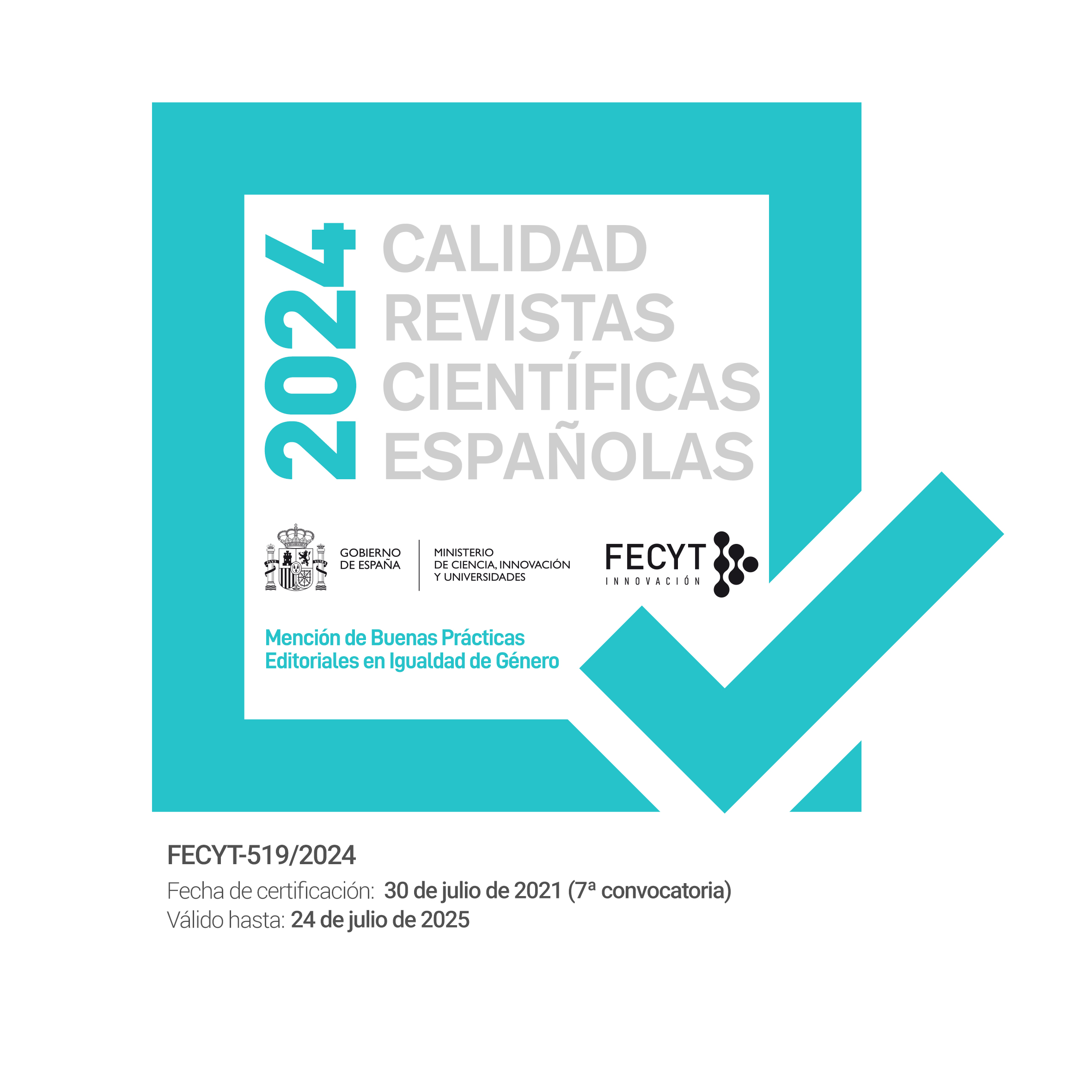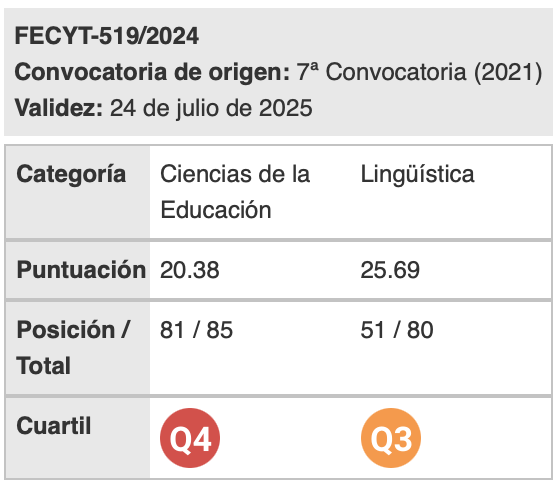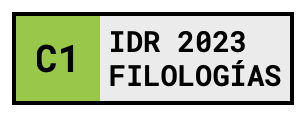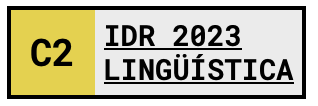Fundamentos de ergatividad morfológico-sintáctica
Palabras clave:
ergativity, transitivity, intransitivity, agent, subject, direct object, participant, split ergativity, nominative, accusative, ergative, absolutive, ergative language, accusative language, case, morphological ergativity.Resumen
The main goal of this research paper is to clarify the concept of ergativity, which has been used as a modern term in recent grammar studies, from a morphological- syntactical approach. This term, nonexistent in the traditional linguistic studies on romance languages, has been newly applied to values of transitivity where the participant roles in the action may or may not have the agent function. latin and his daughter-languages have a syntactical accusative profile where the subject of the action is also the agent, different in form from the direct object. in latin, the correspondence subject-agent is marked morphologically in the nominative case. in ergative languages, the agent is not necessarily marked as the subject but as the direct object; this relation is expressed in various morphological ways depending on the languages.
Descargas
Descargas
Publicado
Cómo citar
Número
Sección
Licencia
Aquellos autores/as que tengan publicaciones con esta revista, aceptan los términos siguientes:
- Los autores/as conservarán sus derechos de autor y garantizarán a la revista el derecho de primera publicación de su obra, el cuál estará simultáneamente sujeto a la Licencia de reconocimiento de Creative Commons que permite a terceros compartir la obra siempre que se indique su autor y su primera publicación esta revista.
- Los autores/as podrán adoptar otros acuerdos de licencia no exclusiva de distribución de la versión de la obra publicada (p. ej.: depositarla en un archivo telemático institucional o publicarla en un volumen monográfico) siempre que se indique la publicación inicial en esta revista.
- Se permite y recomienda a los autores/as difundir su obra a través de Internet (p. ej.: en archivos telemáticos institucionales o en su página web) antes y durante el proceso de envío, lo cual puede producir intercambios interesantes y aumentar las citas de la obra publicada. (Véase El efecto del acceso abierto).

Revista de Lenguas para fines específicos is licensed under a Creative Commons Reconocimiento-NoComercial-SinObraDerivada 4.0 Internacional License.






















